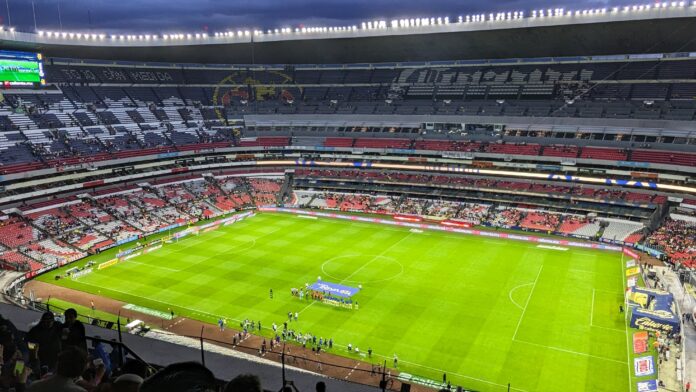Introduction
Originally, Liga MX (the top tier) and Mexico’s second tier (now called Liga de Expansión MX) had the traditional system: at the end of each season, the worst-performing teams in Liga MX would be relegated, and the top teams from the second division were promoted.
In 2020, amid the COVID-19 pandemic and its economic fallout, an agreement was reached that suspended promotion and relegation for a period of six seasons. The goal was to give clubs in both tiers time to stabilize financially, build infrastructure, and adapt to the uncertainty caused by the pandemic.
In 2020, amid the COVID-19 pandemic and its economic fallout, an agreement was reached that suspended promotion and relegation for a period of six seasons.
As part of that arrangement, clubs in the second division received financial support (“stabilization”) and certain guarantees, though with the trade-off that they could not ascend to the top flight for the duration agreed.
The push to bring it back
A group of clubs from the second division (Liga de Expansión) began pushing for the reinstatement of promotion/relegation earlier; they argued that the promise or expectation was that the suspension was temporary, and they needed to know when and how it would end so they could plan (financially, infrastructure, etc.).
On May 19, 2025, 10 second-division clubs filed an appeal with the Court of Arbitration for Sport (CAS) against the Mexican Football Federation (FMF), seeking to restore promotion-relegation earlier than the end of the original six-season period. Some of those clubs later withdrew, leaving six (Atlético La Paz; Atlético Morelia; Cancún FC; Mineros de Zacatecas; Venados; Leones Negros de la U. de G.) to continue.
The CAS decision
CAS ruled that promotion and relegation will not return in the 2025-26 season, because FMF had made clear from the original agreements (the 2020 suspension) that the six-season break was to last through that period, ending with the 2025-26 season. CAS confirmed that promotion and relegation must be reinstated for the 2026-27 season. Thus, we have certainty: 2026-27 is the start date for the return of pro/rel.
CAS confirmed that promotion and relegation must be reinstated for the 2026-27 season.
Key conditions & requirements for promotion
While promotion and relegation will return, they likely won’t look identical to how things worked before suspension. Some of the important requirements or changes being discussed:
Certification / eligibility criteria
Clubs in Liga de Expansión MX wanting promotion will have to meet certain standards. Historically, this has included things like financial stability, appropriate stadium capacity, adequate infrastructure, business planning, etc.
Financial solvency
There’s reporting that aspiring clubs will need significantly improved financial backing, for example some sources suggest minimum equity (assets/net worth) requirements, possibly revolving credit lines, and demonstrating they can sustain operations at the higher level.
Infrastructure / stadium requirements
Venues must meet certain size and standard requirements (e.g. capacity, facilities) to host top-flight matches. Similarly, organizational and business practices may be audited.
League size & structure
There is discussion of expanding Liga MX from 18 teams to 20 teams, which may affect how many teams are promoted or relegated, and possibly moderate the impact on clubs by spreading out the adjustment period.
Conclusion
The restoration of promotion and relegation to Liga MX for the 2026-27 season is now assured by the CAS decision. However, it won’t be a simple reinstatement of the old system, significant standards will need to be met by second-division clubs, and there will be structural changes (league size, certification, financial and infrastructure requirements).
From the pause in 2020 through legal battles and negotiations, the landscape is shifting toward a more regulated, merit-based, but also more demanding version of promotion and relegation. Clubs, fans, and federations all have time in the next season to prepare for what should be a more competitive and dynamic Mexican football ecosystem.

